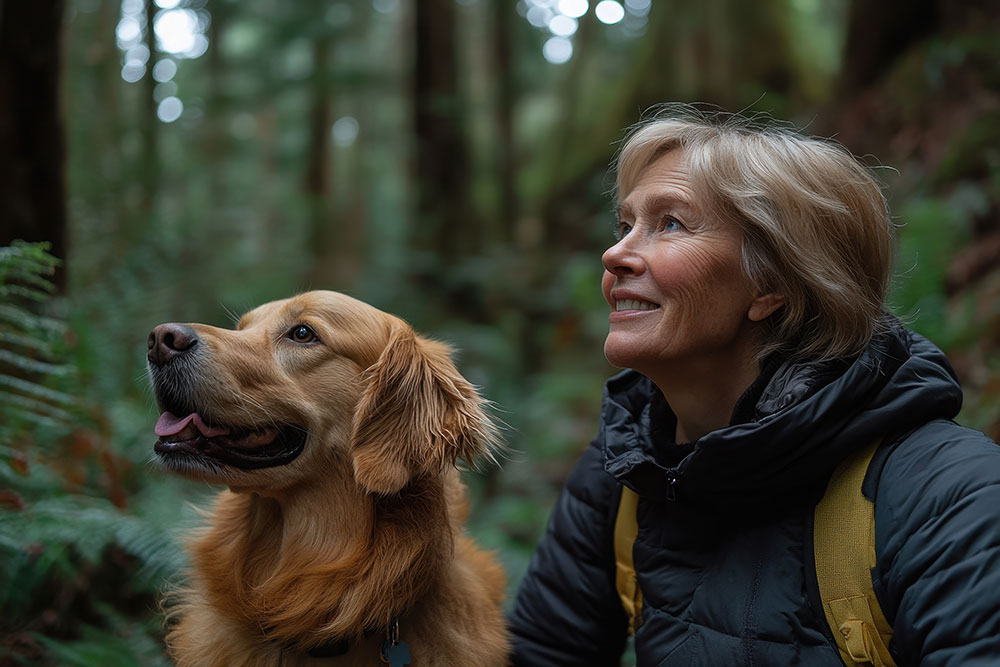Anxiety
Anxiety Counseling
Anxiety is the most common mental health disorder in the United States. As humans, we’re driven to seek satisfaction across all areas of life. But when our needs go unmet—whether due to external circumstances or internal expectations—we often blame ourselves, believing we just aren’t trying hard enough. This self-blame is where the harmful cycle of anxiety begins.
In American culture, traits like kindness and generosity are highly valued. While these qualities are admirable, they can lead us to prioritize what others perceive as “good” over what truly brings us joy or fulfillment. Over time, we begin to live according to “shoulds”—acting out of obligation rather than desire.
When others fail to meet our needs, we tend to make excuses for their behavior, offering them understanding and compassion—grace we rarely extend to ourselves. These patterns often go unnoticed, quietly reinforcing our anxiety and making it even harder to break free.
Although anxiety may feel like your default mode for navigating life, anxiety counseling can help you shift that perspective. It offers a space to explore your own needs and begin making choices based on what serves you—not what pleases others.
Many mental health challenges stem from unhelpful thought patterns and self-defeating cycles that keep us stuck. As a trained and objective professional, I can help you recognize these patterns and offer a supportive, nonjudgmental perspective. In our sessions, we’ll work together to build a space rooted in trust, support, and collaboration—where you can feel safe expressing your thoughts and worries openly. My role is to help you explore your concerns without judgment, encouraging self-reflection and greater self-acceptance. Through this process, you may begin to uncover solutions that feel authentic and empowering for you, while also developing a more compassionate and positive sense of self.
We’ll also acknowledge the real challenges present in the world around you. Together, we can begin to distinguish what is within your power to change internally from what lies outside of your control—but can still be approached in ways that prioritize your well-being.

